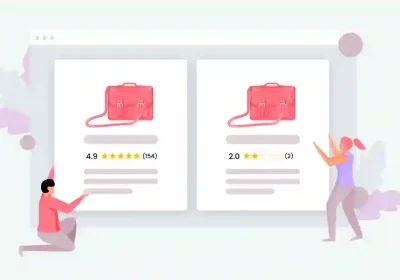The Evolution of Customer Service in the BPO Industry
The Business Process Outsourcing (BPO) sector has witnessed a significant evolution in customer service, driven by technological advancements, changing consumer expectations, and the need for more personalized and efficient service models. This evolution reflects a broader shift in the industry from traditional call centers to more integrated, customer-centric service solutions.
Historically, customer service was largely focused on volume-based, transactional interactions, often characterized by standard scripts and minimal personalization. However, as customer expectations have evolved, there is an increasing demand for more tailored, engaging, and efficient customer service experiences. This shift has driven outsourcing providers to adopt new technologies and strategies to enhance customer interactions.
One of the key drivers of this evolution is the integration of digital technologies. Advanced tools such as artificial intelligence (AI), chatbots, and omnichannel platforms have transformed customer service delivery. AI and automation enable faster and more accurate responses to customer inquiries, while omnichannel platforms provide a seamless customer experience across various communication channels.
Another significant aspect of the evolution in customer service is the focus on personalized interactions. Today’s customers expect services that are tailored to their specific needs and preferences. Contact centers are leveraging data analytics and customer relationship management (CRM) systems to gain insights into customer behavior and preferences, enabling more customized service delivery.
However, the transition to more advanced customer service models presents several challenges. One major challenge is balancing technological efficiency with the human touch. While automation and AI can improve efficiency, maintaining a personal connection in customer interactions is crucial for customer satisfaction and loyalty.
Another challenge is the continual need to adapt and update technology and skills. The rapid pace of technological advancement requires outsourcing providers to continuously invest in new technologies and train their workforce to stay ahead in a competitive market.
The impact of the evolution in customer service extends beyond operational changes. It influences how BPOs are perceived in the market. Contact centers that offer innovative, customer-centric service solutions can differentiate themselves and build stronger client relationships. This shift is also crucial for attracting and retaining clients who are seeking partners that can provide value-added services.
Looking forward, the evolution of customer service in the industry is expected to continue. As technology advances and customer expectations evolve, Outsourcing providers will need to further innovate their service models. This will likely involve more personalized and proactive customer service approaches, greater integration of emerging technologies, and a continued focus on enhancing the customer experience.
The evolution of customer service in the industry reflects a shift towards more integrated, efficient, and personalized service models. By embracing this evolution, call centers can improve customer satisfaction, strengthen client relationships, and enhance their competitive positioning. As the industry continues to transform, staying at the forefront of customer service innovation will be key to the success and growth of contact centers in the global market.










